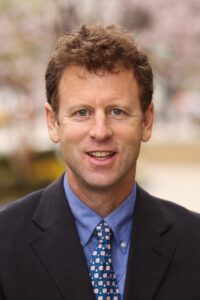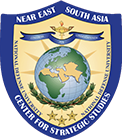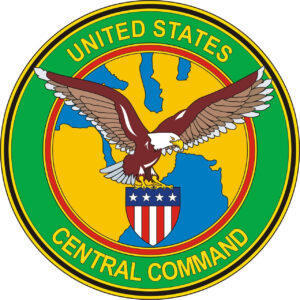Michael E. O’Hanlon is a senior fellow and director of research in Foreign Policy at the Brookings Institution, where he specializes in U.S. defense strategy, the use of military force, and American national security policy. He directs the Center on Security, Strategy and Technology, as well as the Defense Industrial Base working group, and will be the inaugural holder of the Philip H. Knight Chair in Defense and Strategy. He co-directs the Africa Security Initiative as well. He is an adjunct professor at Columbia, Georgetown, and George Washington universities, and a member of the International Institute for Strategic Studies. He also serves as a member of the Defense Policy Board at the U.S. Department of Defense. O’Hanlon was a member of the external advisory board at the Central Intelligence Agency from 2011-12. O’Hanlon is now writing a book provisionally entitled, “Military History for the Modern Strategist: America’s Major Wars Since 1861.”
O’Hanlon’s latest books include “The Art of War in an Age of Peace: U.S. Grand Strategy and Resolute Restraint” (Yale, 2021); “Defense 101: Understanding the Military of Today and Tomorrow” (Cornell, 2021); “The Senkaku Paradox: Risking Great Power War over Limited Stakes” (Brookings, 2019); “Beyond NATO: A New Security Architecture for Eastern Europe” (Brookings, 2017); “The Future of Land Warfare” (Brookings, 2015); and “Strategic Reassurance and Resolve: U.S.-China Relations in the 21st Century” (with Jim Steinberg, Princeton University Press, 2014). He edited “Brookings Big Ideas for America” (Brookings, 2017). Previously, he wrote “Crisis on the Korean Peninsula” (with Mike Mochizuki, McGraw-Hill, 2003); “Winning Ugly: NATO’s War to Save Kosovo” (with Ivo Daalder, Brookings, 2000); and about a dozen other books.
O’Hanlon was an analyst at the Congressional Budget Office from 1989-1994, where he won the Director’s Award in 1992. He also worked previously at the Institute for Defense Analyses. His doctorate from Princeton is in public and international affairs, where he was awarded a National Science Foundation fellowship. His bachelor’s and master’s degrees, also from Princeton, are in the physical sciences. He served as a Peace Corps volunteer in the Democratic Republic of Congo from 1982-84, where he taught college and high school physics in French. Earlier, he worked on a dairy farm in Upstate New York, where he grew up, and attempted (unsuccessfully) with a team of Princeton experimental physicists in the “Gravity Group” to disprove Einstein’s General Theory of Relativity.





